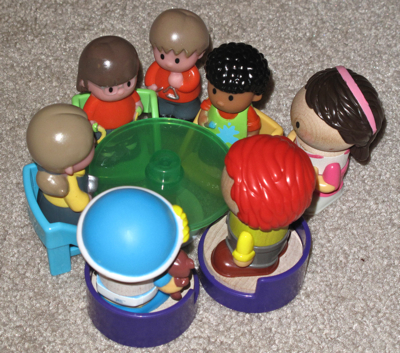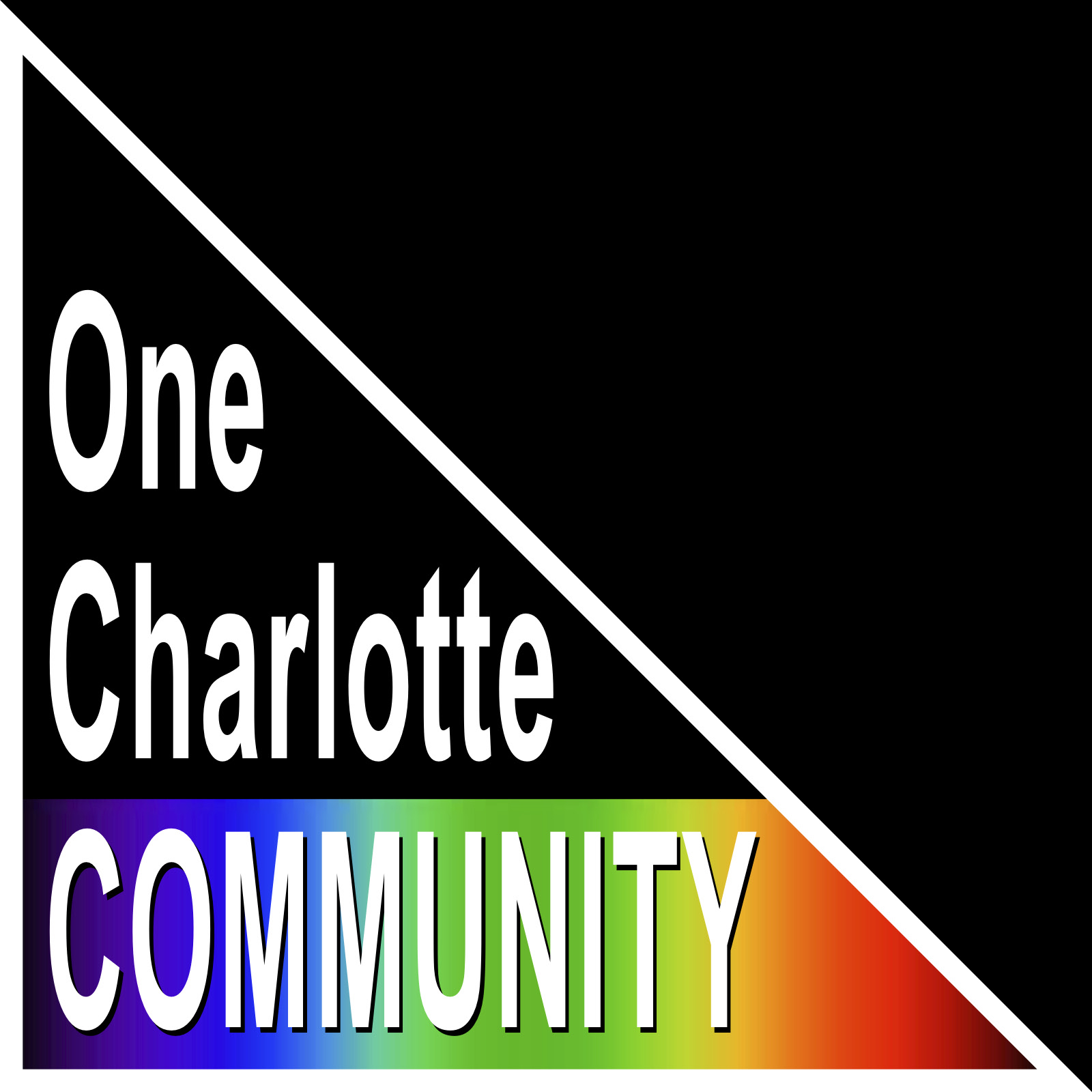Nov. 2, 2010
It’s always hard to get everyone to the table. CMS needs to do a better job than it did during the “comprehensive review” to make a place at the table for everyone who eventually wants to come.
“Eventually” — because people will come at different times and on their own schedule. Organizations that achieve success in this area plan around that fundamental human behavior.

I won’t rehash the failures of the last months. I’d rather encourage people to look forward to the next time that we as a community need to thoroughly discuss something. The lessons learned from your comments might help community discussion happen. They might even be used quickly if CMS scratches the school-closings still on the “comprehensive review” table.
Thorough discussion may not, of course, lead to consensus. But consensus is a strong basis for action, and it rarely forms in the absence of discussion. In a democracy, anyway.
This community has tools at its disposal to have a far broader discussion about CMS’s future than those used in the last months.
Perhaps my favorite is a series of video booths scattered throughout the city, open during business hours of the locations that shelter them. The booths would allow people on their own time and with their own friends to enter the discussion. A monitored time-delay loop onto the mothballed CMS TV cable channel would allow civic discussion with immediacy.
There’s a casserole dish in the Levine Museum’s collection to remind us that pot-luck dinners were a key listening tool used when a citizens committee was helping the U.S. District Court find desegregation solutions. A similar committee should be in place quickly today to do a similar kind of work on a different issue.
We don’t have a District Court today, actively watching over the rights of groups without power, that could create the committee. But we do have a mayor, a county commissioners chair and a Chamber of Commerce leader who know that this kind of work needs to be done.
Now.
